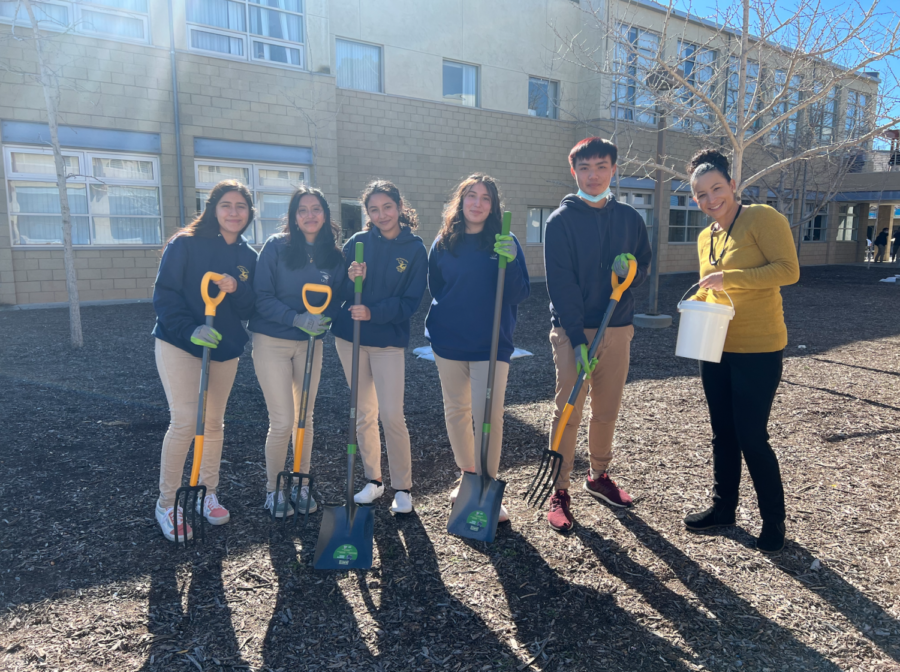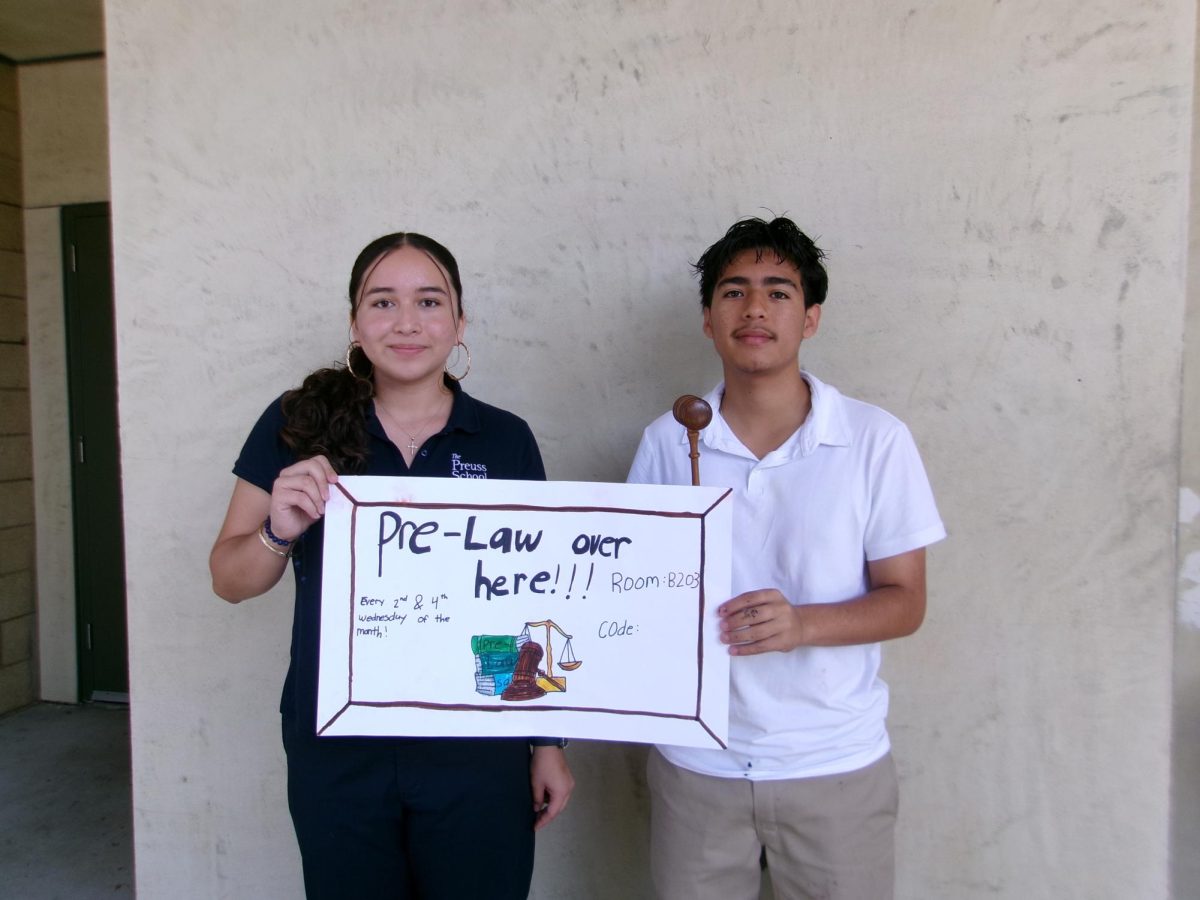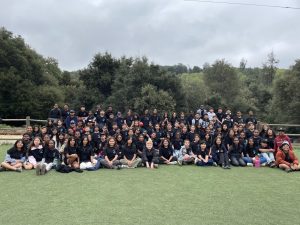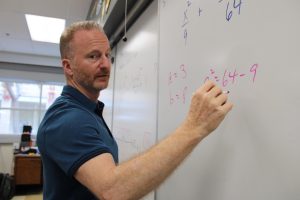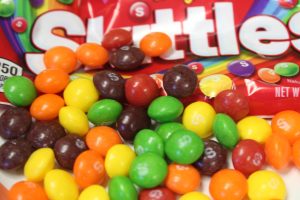Ecology Club Kicks Off New Composting Program
March 1, 2022
The Preuss Ecology Club invites all high school students to participate in their new composting program for community service hours, which will be held during SEA on February 26th from 9:00 am to 1:00 pm.
The idea for a composting program arose from a law known as the “California’s Short-Lived Climate Pollutant Strategy,” which was established in January of this year. The law demands that California decrease 75% of their organic waste by 2025. The law also requires that the golden state reuses 20% of their leftover food to feed citizens as opposed to dumping it out.
The club plans to support the new policy by composting food waste collected by club members during meal times. Any unused leftover food that gets collected by the club during these times will be given to students to feed their families and communities.
As of now, Ecology Club has yet to confirm when they will begin giving out the unused leftover food.
Waste for the composting program will be collected via small white trash bins labeled “Ecology Club,” which will be placed adjacent to the trash and recycling bins in the school’s food court.
Middle school students are also welcome to contribute to the upcoming composting program.
“They are welcome to throw away their leftover food into bins that Ecology Club will be placing,” shared Ecology Club Vice President, Yesenia Preciado (‘22).
This is not the first time that the club has done composting. Similar efforts have been made several years back by former Preuss teacher, Mr. Romer.
When Mr. Romer was co-advisor of the Ecology Club and Gardening Club, members had done similar composting practices, which included club members collecting organic waste from the school cafeteria. The Ecology Club — now under the direction of Science teacher Ms. Petraglia — has expanded his past composting endeavors.
The club recently earned a grant from organizations such as The Community Composting for Green Spaces and CalRecycle, which will be providing tools and resources necessary for the composting process.
While the program will promote a greener environment and encourage the Preuss community to participate in local conservation efforts, composting emits greenhouse gasses (CO2), which warms up the Earth if released in massive amounts. In response, the Ecology club has a plan to offset the number of potential carbon emissions during the composting process.
“We will be collecting data on the amount of food we collect by weight as well as other components of our composting piles, like wood chips, leaf debris, and cardboard, which all gets put into a spreadsheet that calculates total offsetting of CO2, we are required to provide this data to the grant providers,” explained Petraglia.
Ms. Petraglia hopes that the program will teach students about the importance of composting. She also expects the program to teach students about the impact that organic waste has on the environment, specifically climate change.
If students and staff wish to engage in environmentally friendly activities, Club Vice-President Yesenia Preciado (‘22) recommends that they should begin by purchasing reusable, non-plastic products.
“Buying a hydro flask and using less plastic is a great way to start your eco-friendly journey! Not only are hydro flasks super cute, they are easy to carry and extremely affordable!”
Ms. Petraglia also encourages any scholar in environmental activism to join Ecology Club, enroll in AP Environmental Science in 12th grade, or connect with local organizations such as “I Love a Clean San Diego”.


